
John 15:1-6
We are meant to learn first, from these verses, that the union between Christ and believers is very close. He is “the Vine,” and they are “the branches.”
The union between the branch of a vine and the main stem, is the closest that can be conceived. It is the whole secret of the branch’s life, strength, vigor, beauty, and fertility. Separate from the parent stem, it has no life of its own. The sap and juice that flow from the stem are the origin and maintaining power of all its leaves, buds, blossoms, and fruit. Cut off from the stem, it must soon wither and die.

Genesis 29:1-12
Then Jacob went on his journey. Moses now relates the arrival of Jacob in Mesopotamia, and the manner in which he was received by his uncle; and although the narration may seem superfluous, it yet contains nothing but what is useful to be known; for he commends the extraordinary strength of Jacob’s faith, when he says, that “he lifted up his feet” to come into an unknown land.

Psalm 19:10
“More to be desired are they than gold, yea, than much fine gold.” Bible truth is enriching to the soul in the highest degree; the metaphor is one which gathers force as it is brought out; —gold—fine gold—much fine gold; it is good, better, best, and therefore it is not only to be desired with a miser’s avidity, but with more than that. As spiritual treasure is more noble than mere material wealth, so should it be desired and sought after with greater eagerness. Men speak of solid gold, but what is so solid as solid truth? For love of gold pleasure is forsworn, ease renounced, and life endangered; shall we not be ready to do as much for love of truth?
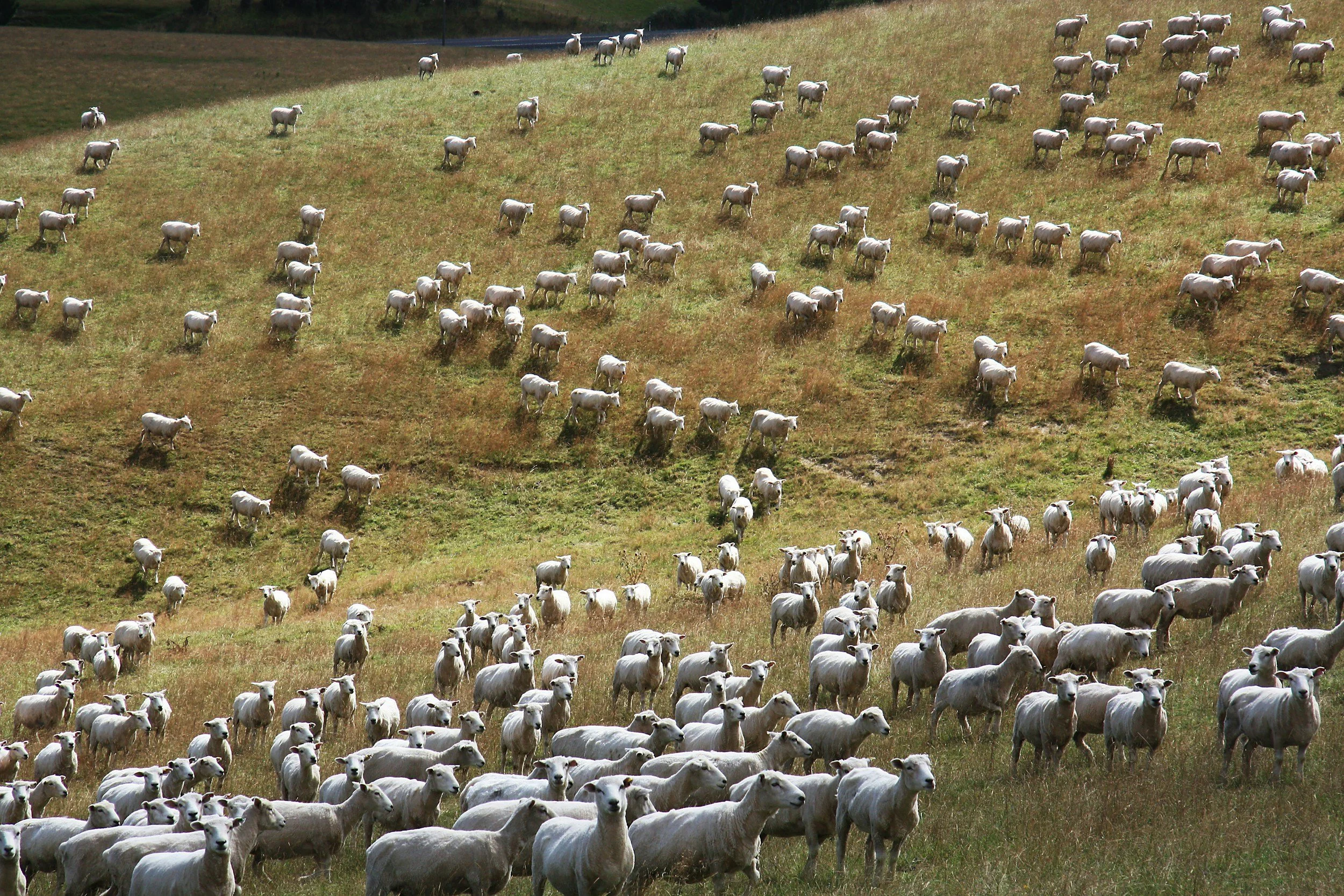
Genesis 30:29-32
Thou knowest how I have served thee. This answer of Jacob is not intended to increase the amount of his wages; but he would expostulate with Laban, and would charge him with acting unjustly and unkindly in requiring a prolongation of the time of service. There is also no doubt that he is carried forth, with every desire of his mind, towards the land of Canaan. Therefore a return thither was, in his view, preferable to any kind of riches whatever. Yet, in the meantime, he indirectly accuses his father-in-law, both of cunning and of inhumanity, in order that he may extort something from him, if he must remain longer. For he could not hope that the perfidious old fox would, of himself, perform an act of justice; neither does Jacob simply commend his own industry, but shows that he had to deal with an unjust and cruel man. Meanwhile, it is to be observed, that although he had laboured strenuously, he yet ascribes nothing to his own labour, but imputes it entirely to the blessing of God that Laban had been enriched.
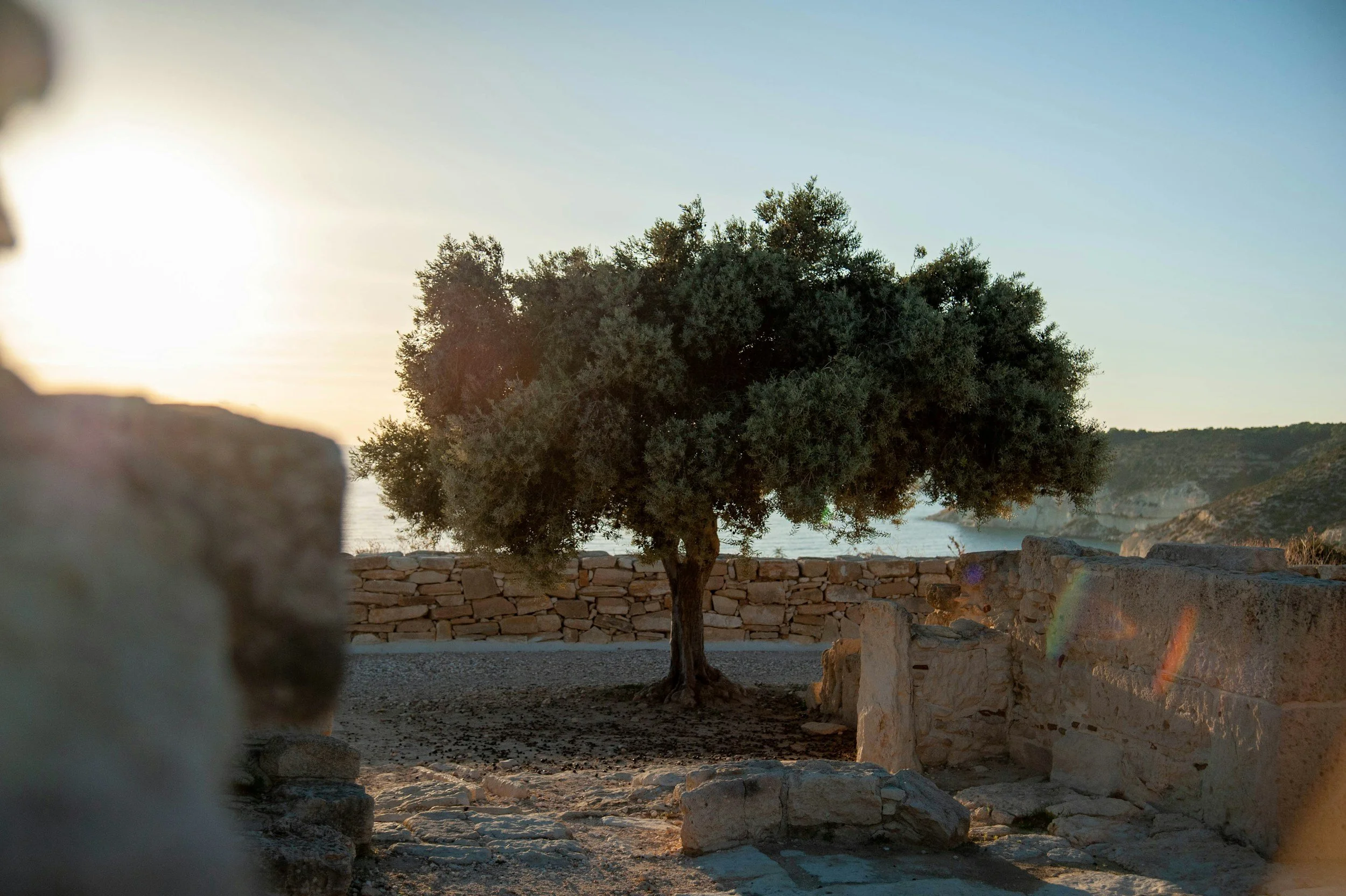
Psalm 52:6-9
“But I,” hunted and persecuted though I am, “am like a green olive tree.” I am not plucked up or destroyed, but am like a flourishing olive, which out of the rock draws oil, and amid the drought still lives and grows. “In the house of God.” He was one of the divine family, and could not be expelled from it; his place was near his God, and there was he safe and happy, despite all the machinations of his foes. He was bearing fruit, and would continue to do so when all his proud enemies were withered like branches lopped from the tree. “I trust in the mercy of God for ever and ever.” Eternal mercy is my present confidence. David knew God’s mercy to be eternal and perpetual, and in that he trusted. What a rock to build on! What a fortress to fly to!

Psalm 28:9
”Feed them also.” Be a shepherd to thy flock, let their bodily and spiritual wants be plentifully supplied. By thy word, and ordinances, direct, rule, sustain, and satisfy those who are the sheep of thy hand. ”And lift them up for ever.” Carry them in thine arms on earth, and then lift them into thy bosom in heaven. Elevate their minds and thoughts, spiritualise their affections, make them heavenly, Christlike, and full of God. O Lord, answer this our petition, for Jesus’ sake.
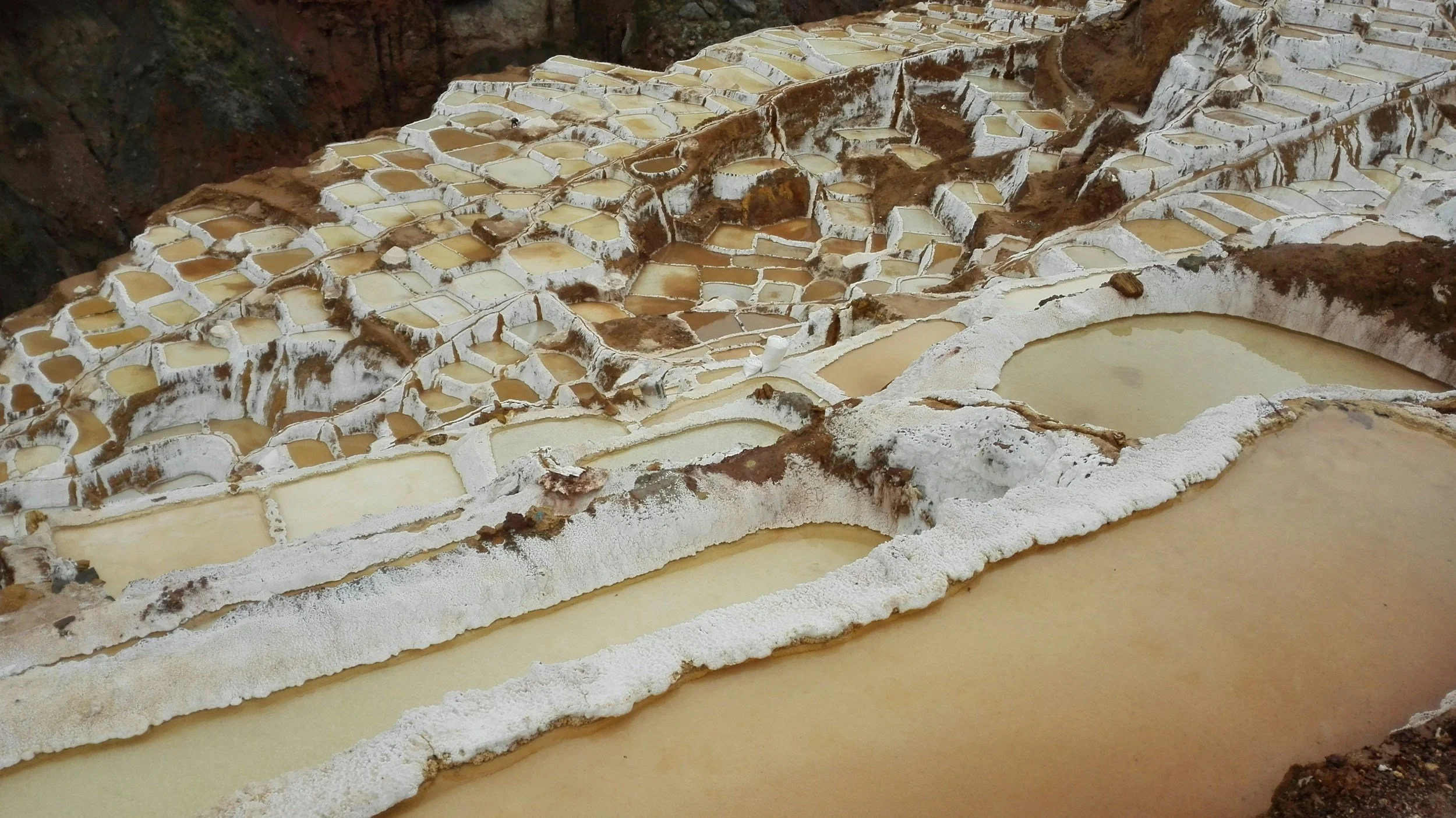
Zephaniah 2:9-10
Moab, he says, shall be like Sodom, and the sons of Ammon like Gomorrah, even for the production of the nettle and for a mine of salt; that is, their lands should be reduced to a waste, or should become wholly barren, so that nothing was to grow there but nettles, as the case is with desert places. As to the expression, the mine (fodina) or quarry of salt, it often occurs in scripture: a salt-pit denotes sterility in Hebrew. And the Prophet adds, that this would not be for a short time only; It shall be (he says) a perpetual desolation. He also adds, that this would be for the advantage of the Church; for the residue of my people shall plunder them, and the remainder of my nation shall possess them. He ever speaks of the residue; for as it was said yesterday, it was necessary for that people to be cleansed from their dregs, so that a small portion only would remain; and we know that not many of them returned from exile.
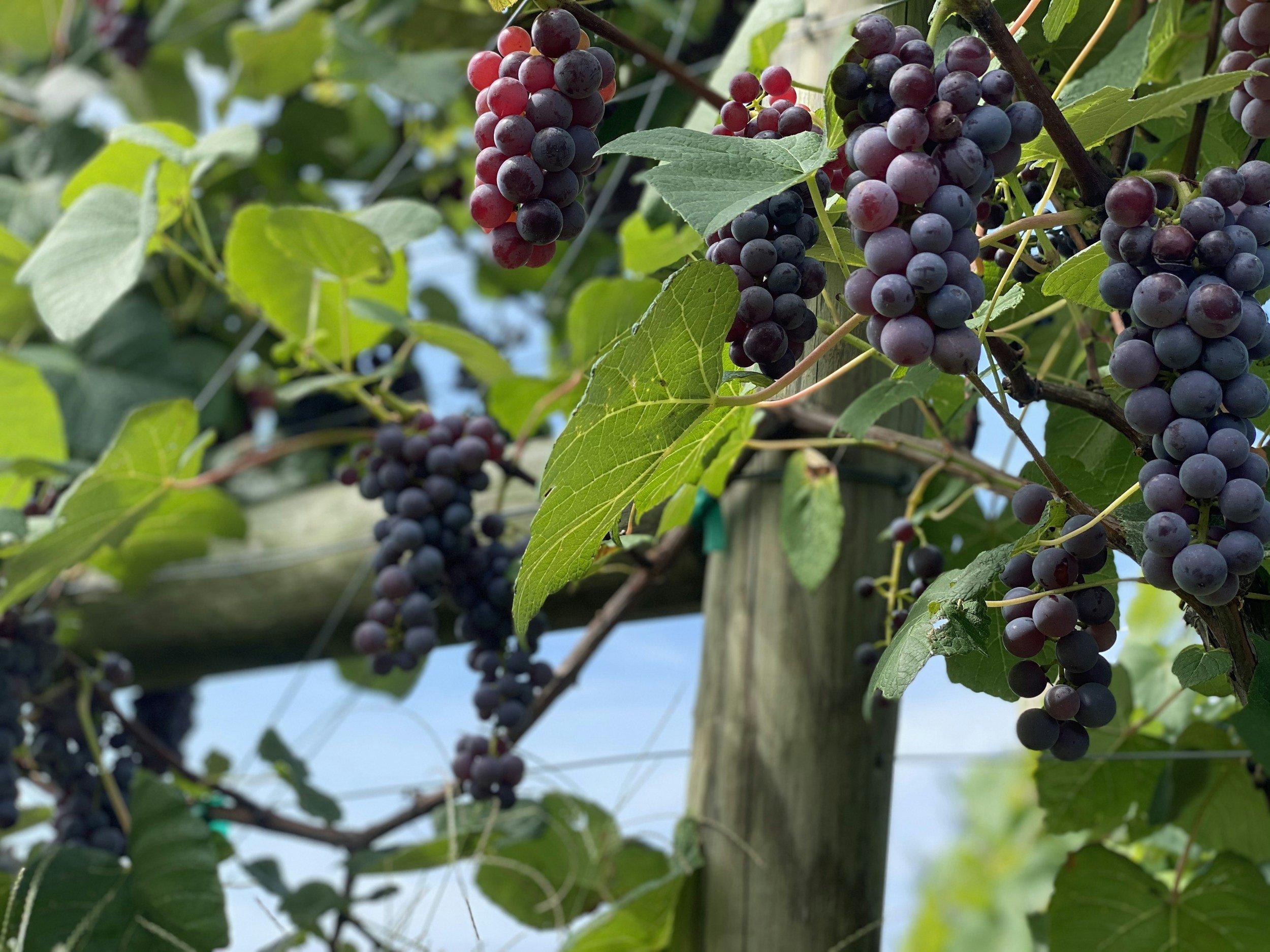
Obadiah 1:5
The Prophet shows in this verse that the calamity with which God was resolved to afflict the Idumeans would not be slight, for nothing would be left among them; and he amplifies what he says by a comparison. When one is plundered of his property by thieves, he grieves, that what he had acquired by much labour through life, has been in one moment taken from him: and when any one has spent labour and expense in cultivating his vineyard, and another takes away its fruit, he complains of his great misfortune, that he had lost his property and his labour in the cultivation of his vineyard, while another devours its fruit. But the Prophet intimates that God would not be content with such kind of punishment as to the Idumeans.

Psalm 32:8-9
“I will instruct thee and teach thee in the way which thou shalt go.” Here the Lord is the speaker, and gives the Psalmist an answer to his prayer. Our Saviour is our instructor. The Lord himself deigns to teach his children to walk in the way of integrity, his holy word and the monitions of the Holy Spirit are the directors of the believer’s daily conversation. We are not pardoned that we may henceforth live after our own lusts, but that we may be educated in holiness and trained for perfection. A heavenly training is one of the covenant blessings which adoption seals to us: “All thy children shall be taught by the Lord.” Practical teaching is the very best of instruction, and they are thrice happy who, although they never sat at the feet of Gamaliel, and are ignorant of Aristotle, and the ethics of the schools, have nevertheless learned to follow the Lamb whithersoever he goeth.

Malachi 3:10
But as rain itself would not suffice, he adds, I will unsheath, &c.; for רק, rek, means properly to unsheath; but as this metaphor seems unnatural, some have more correctly rendered it, “I will draw out.” Unnatural also is this version, “I will empty out a blessing.” and it perverts the meaning. Let us then follow what I have stated as the first — that a blessing is drawn out from God when the earth discharges its office, and becomes fertile or fruitful. We hence see that God is not only in one way bountiful to us, but he also intends by various processes to render us sinsible of his kindness: he rains from heaven to soften the earth, that it may in its bosom nourish the corn, and then send it forth from its bowels, as though it extended its breast to us; and further, God adds his blessing, so as to render the rain useful.

Psalm 29:5-6
Noble trees fall prostrate beneath the mysterious bolt, or stand in desolation as mementoes of its power. Lebanon itself is not secure, high as it stands, and ancient as are its venerable woods: ”Yea, the Lord breaketh the cedars of Lebanon.” The greatest and most venerable of trees or men, may not reckon upon immunity when the Lord is abroad in his wrath. The gospel of Jesus has a like dominion over the most inaccessible of mortals; and when the Lord sends the word, it breaks hearts far stouter than the cedars.
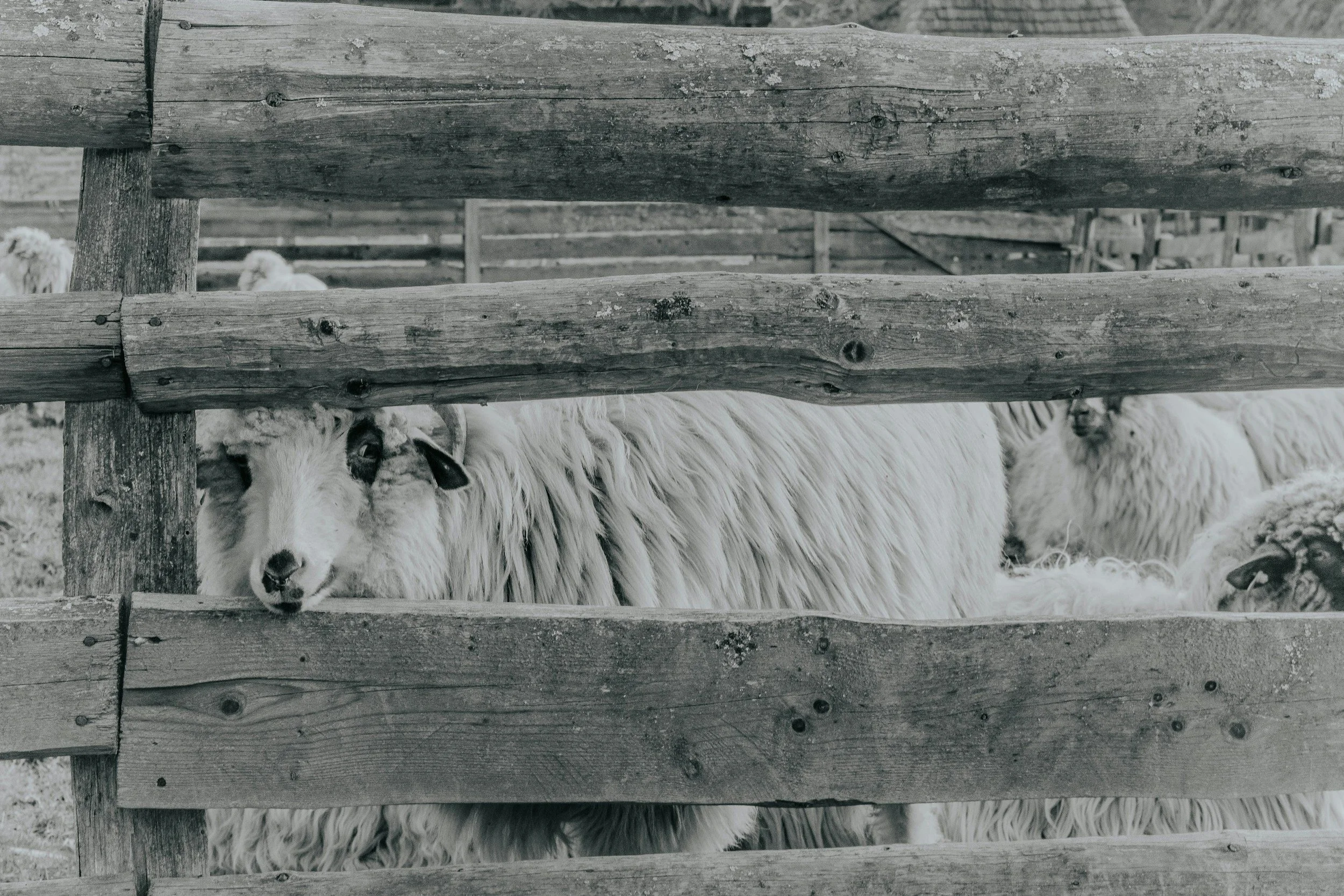
Psalm 44:11
“Thou has given us like sheep appointed for meat.” As sheep are slaughtered for food, so were the people slain in flocks, with ease, and frequency. Not with the dignity of sacrifice, but with the cruelty of the shambles, were they put to death. God appeared to give them up like sheep allotted to the butcher, to abandon them as the hireling abandons the flock to wolves. The plaint is bitterly eloquent. “And hast scattered us among the heathen.” Many were carried into captivity, far off from the public worship of the temple of God, to pine as exiles among idolaters. All this is ascribed to the Lord as being allowed by him, and even appointed by his decree. It is well to trace the hand of God in our sorrows, for it is surely there.
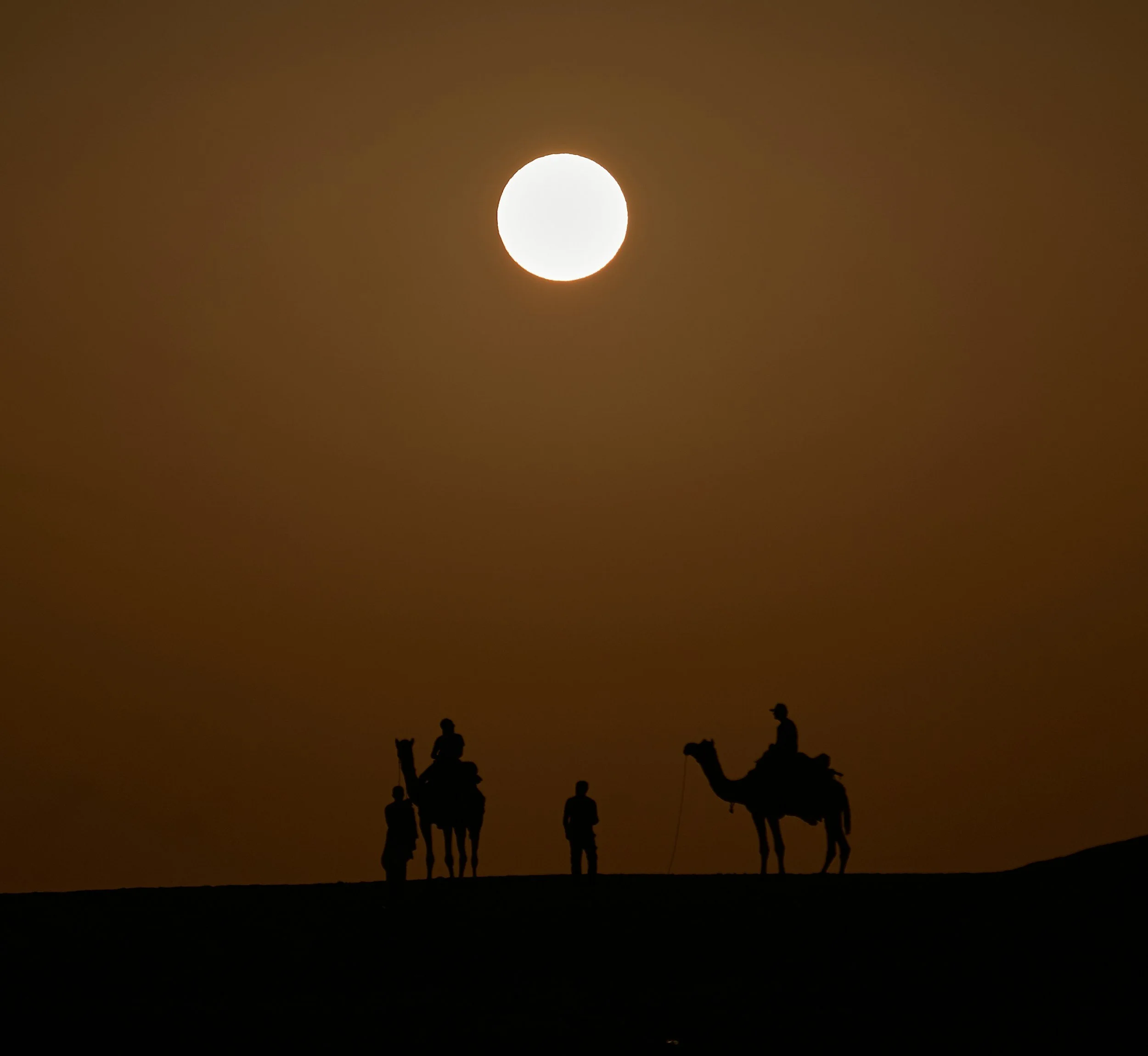
Job 1:13-17
He had 3000 camels, and servants tending them; and he lost them all at the same time by the Chaldeans, who came in three bands, and drove them away, and slew the servants, Job 1:17. If the fire of God, which fell upon Job’s honest servants, who were in the way of their duty, had fallen upon the Sabeans and Chaldean robbers who were doing mischief, God’s judgements therein would have been like the great mountains, evident and conspicuous; but when the way of the wicked prospers, and they carry off their booty, while just and good men are suddenly cut off, God’s righteousness is like the great deep, the bottom of which we cannot find, Ps. 36:6.

Psalm 24:1
Man lives upon ”the earth,” and parcels out its soil among his mimic kings and autocrats; but the earth is not man’s. He is but a tenant at will, a leaseholder upon most precarious tenure, liable to instantaneous ejectment. The great Landowner and true Proprietor holds his court above the clouds and laughs at the title-deeds of worms of the dust. The fee-simple is not with the lord of the manor nor the freeholder, but with the Creator. The ”fulness” of the earth may mean its harvests, its wealth, its life, or its worship; in all these senses the Most High God is Possessor of all. The earth is full of God; he made it full and he keeps it full, notwithstanding all the demands which living creatures make upon its stores.

John 1:29
He does this by taking it upon himself. He is the Lamb of God, that bears the sin of the world; so the margin reads it. He bore sin for us, and so bears it from us; he bore the sin of many, as the scape-goat had the sins of Israel put upon its head, Lev. 16:21. God could have taken away the sin by taking away the sinner, as he took away the sin of the old world; but he has found out a way of abolishing the sin, and yet sparing the sinner, by making his Son sin for us.
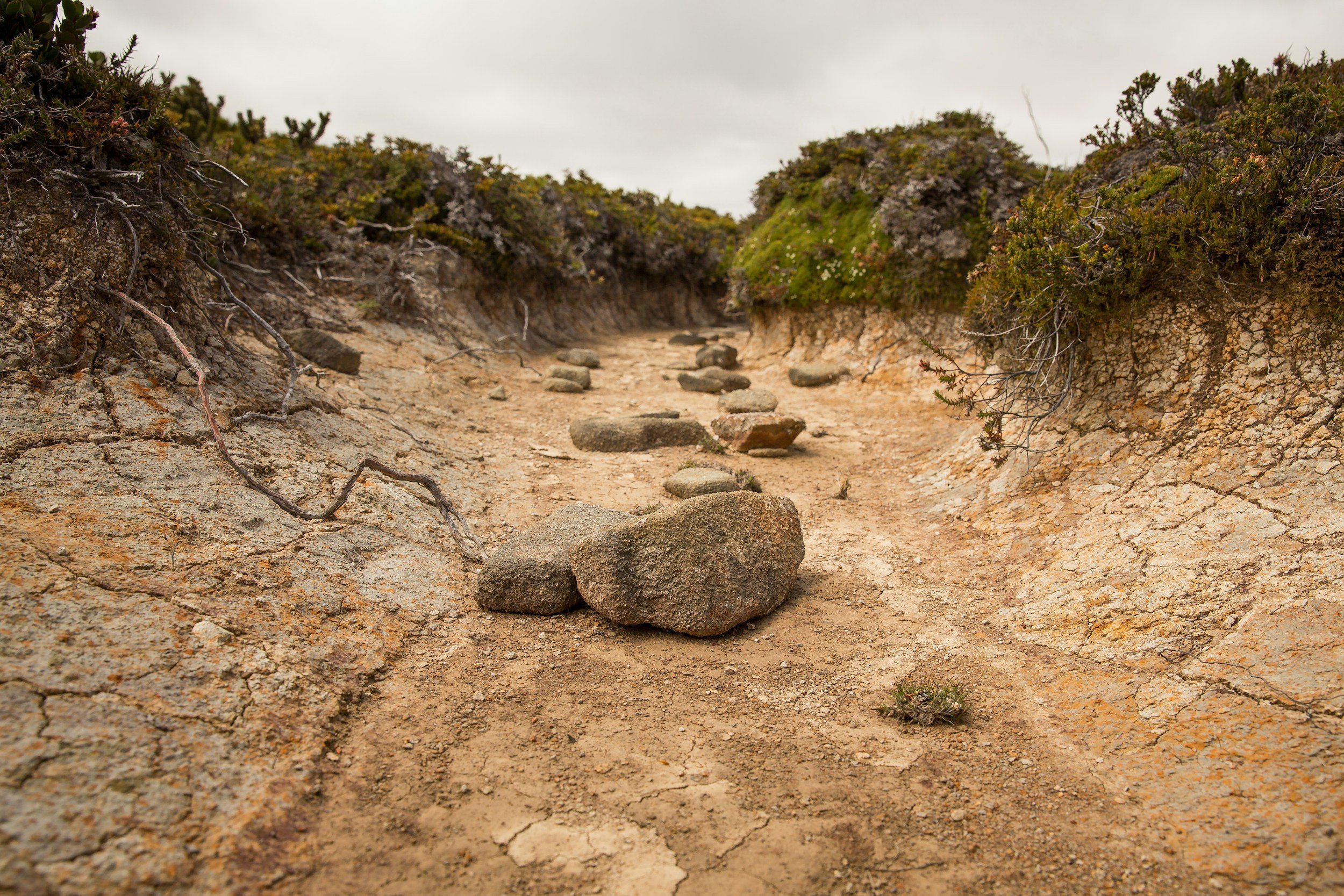
Haggai 1:10-11
He confirms what the last verse contains — that God had made it evident that he was displeased with the people because their zeal for religion had become cold, and, especially, because they were all strangely devoted to their own interest and manifested no concern for building the Temple. Hence, he says, therefore the heavens are shut up and withhold the dew; that is, they distil no dew on the earth: and he adds, that the earth was closed that it produced no fruit; it yielded no increase, and disappointed its cultivators.

Mark 1:16-20
Christ puts honor upon those who, though mean in the world, are diligent in their business, and loving to one another; so those were, whom Christ called. He found them employed, and employed together. Industry and unity are good and pleasant, and there the Lord Jesus commands the blessing, even this blessing, Follow me.

Genesis 26:12-15
Then Isaac sowed. Here Moses proceeds to relate in what manner Isaac reaped the manifest fruit of the blessing promised to him by God; for he says, that when he had sowed, the increase was a hundredfold: which was an extraordinary fertility, even in that land. He also adds, that he was rich in cattle, and had a very great household. Moreover, he ascribes the praise of all these things to the blessing of God; as it is also declared in the psalm, that the Lord abundantly supplies what will satisfy his people while they sleep. (Ps. 127:2)

Zephaniah 1:3
But it may be now asked, why God denounces his vengeance on the beasts of the field, the birds of heaven, and the fishes of the sea; for how much soever the Jews may have provoked him by their sins, innocent animals ought to have been spared. If a son is not to be punished for the fault of his father, (Ezek. 18:4) but that the soul that has sinned is to die, why did God turn his wrath against fishes and other animals? This seems to have been a hasty and unreasonable infliction. But let this rule be first borne in mind — that it is preposterous in us to estimate God’s doings according to our judgment, as froward and proud men do in our day; for they are disposed to judge of God’s works with such presumption, that whatever they do not approve, they think it right wholly to condemn.

Genesis 36:6-8
And went into the country from the face of his brother Jacob. Moses does not mean that Esau departed purposely to give place to his brother; for he was so proud and ferocious, that he never would have allowed himself to seem his brother’s inferior. But Moses, without regard to Esau’s design, commends the secret providence of God, by which he was driven into exile, that the possession of the land might remain free for Jacob alone.